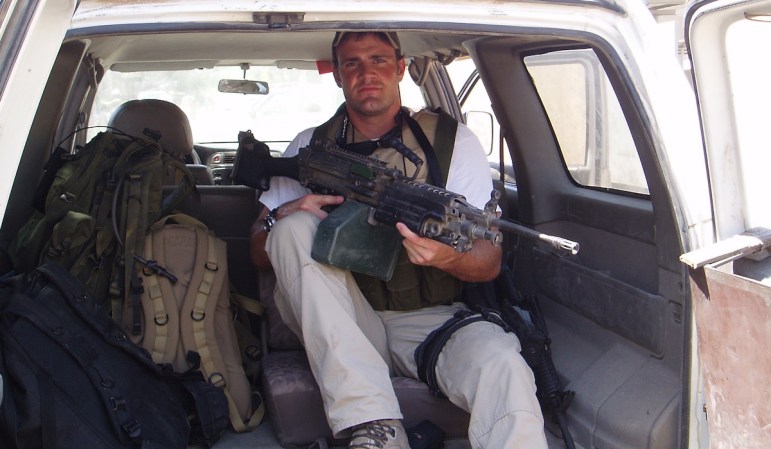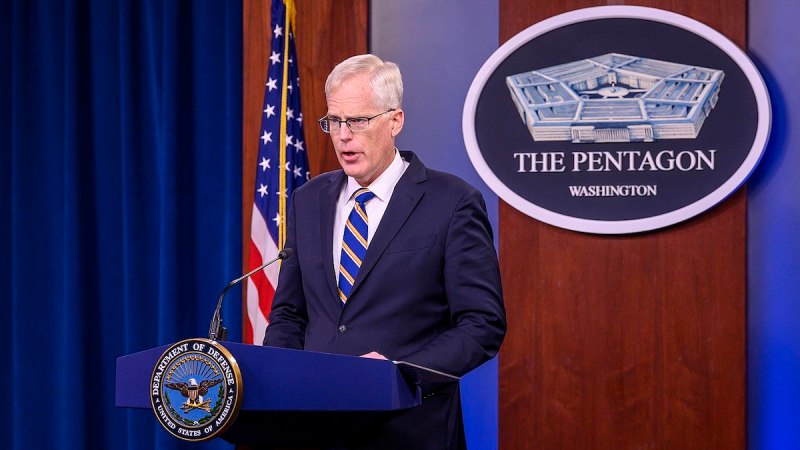One of the key reasons the Americans were so dominant over the Japanese in the Pacific Theater of World War II was the security of communications. The U.S. broke the Japanese code early on in the war. While the Japanese could have broken American military cyphers, as they did diplomatic codes before the war, they still wouldn’t have understood the language.
The reason is that those codes were in languages of American Indian tribes, limited to the U.S. and only spoken by members of those tribes. And I don’t know if you’ve ever met American Indians, but they are very, very pro-U.S. military — so good luck getting a code talker to reveal their secrets
The use of American Indian languages in U.S. forces’ communications safeguarded every American move. There aren’t many countries that could use that same style of code. It wasn’t just Navajo, though. Marines used Comanche and Lakota to communicate between units as well.
The United States isn’t the only country to have such obscure languages safeguarded by limited use, however. In the event of another major war outbreak, there are a few others that could be used in place of American Indian languages — in case the Russians and Chinese are wise to that tactic by now.
But the Russians have their own potential code languages, too.

1. Finnish
There aren’t many languages like Finnish around. As it is, the language is a Uralic language, related only to Estonian and Hungarian — not one of its Scandinavian neighbors. Despite being derived from other languages in the area of the Ural Mountains, it’s unrelated to Russian. An offshoot of Finnish, Mansi, only has some 1,000 speakers left and would be an even better choice.

2. Chechen
The Russians could implement this language as a basis for their own code, so it would behoove U.S. intelligence to learn it. Chechen is a very isolated language and there aren’t many expatriate populations speaking the language outside of the former Soviet Union. As it is, only 1.3 million people speak Chechen.

3. Gaelic
While the language of Ireland is an Indo-European language, it is currently only spoken by just over 73,000 native users.

4. Basque
This lonely language is spoken in a small area in the Pyrenees between France and Spain. As of 2016, there were roughly 750,000 speakers left and has no known language relatives. Marines actually did use this language to great effect during WWII.

5. Welsh
Though Welsh is an official language in Wales and is widely known as a limited language, Welsh has been proven to be secure for use in combat in both the Falklands War and in Bosnia.

6. Shabo
This indigenous language is spoken in parts of Ethiopia and has only 400 speakers — but Ethiopia has long been a dedicated American ally since World War II, volunteering troops for the Korean War, Global War on Terror, and today’s UN Peacekeeping operations.


























